Health insurance is the premise towards universal free hospitalisation.
Speaking on the sidelines of the National Assembly, delegate Tran Khanh Thu (Thai Binh Delegation) said that implementing the policy of free hospital treatment for all people is challenging, however, if successful, it will bring great value to the people, solve the economic burden of medical treatment for the people and society; and improve the quality of human resources.
According to the delegate, it is necessary to focus on monitoring and evaluating the effectiveness of the policy of exempting and reducing regular hospital fees, learning successful models from countries around the world to adjust them to suit Vietnam's reality.
"Only when all people receive fair and effective health care can we truly move closer to a healthy and sustainably developed Vietnam," delegate Tran Khanh Thu emphasized.
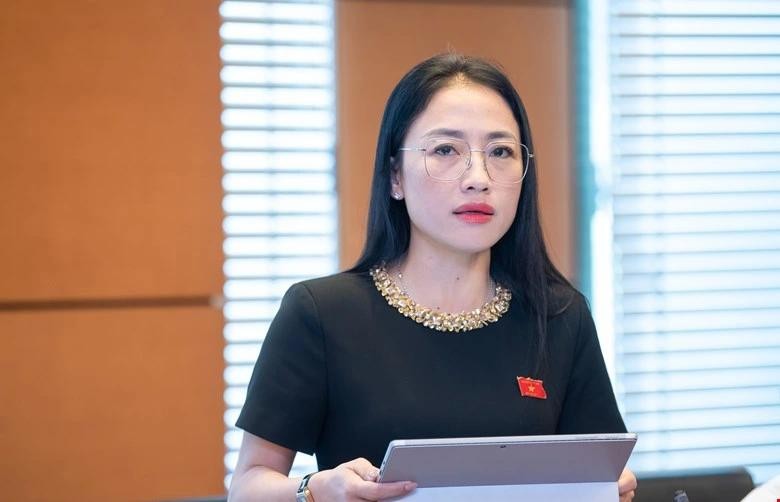
According to National Assembly Deputy Tran Khanh Thu ( Thai Binh Delegation), the direction of free hospital treatment for all people is proof of the commitment "no one is left behind". (Photo: National Assembly Media)
According to the delegate, hospital fees vary for each subject and each disease treated. For some diseases, people only have to pay a few hundred thousand VND for examination and treatment, but for others, they have to pay hundreds of millions, even billions of VND for treatment of serious diseases and cancer. In addition, the trend of an aging population and increasing chronic diseases; along with the speed of scientific and technological development, many advanced techniques are applied in health care activities in our country, leading to medical costs in Vietnam increasing rapidly every year.
While the country's budget resources are still limited compared to developed countries, the tax/GDP ratio is still low, regional disparities, overload at the upper level, uneven medical quality, and abuse of medical services in some places still occur. Currently, public hospitals operate on financial autonomy, with their main source of revenue coming from medical examination and treatment service fees, while the medical staff only receive salaries like ordinary workers.
"Implementing a free hospital policy means that additional mechanisms will be needed to ensure resources, retain high-quality human resources, and invest in modern equipment to improve the quality of treatment," said Ms. Thu.
The female delegate believes that the orientation of free hospital fees for all people is proof of the commitment "no one is left behind". Vietnam has experience in implementing the universal health insurance policy with a coverage rate of over 92%, the subjects of exemption and reduction of hospital fees have been expanded in recent times, along with experience in managing large-scale health programs such as vaccination to prevent epidemics... This is the premise to gradually move towards complete free hospital fees.
To realize the above policy, the delegate said that on the one hand, it is necessary to prepare financial resources (State budget combined with socialization and international aid), and in the immediate future, we should also focus on accelerating the roadmap for universal health insurance. Moving towards ensuring full insurance benefits, continuing to expand the scope of exemptions and reductions for vulnerable groups (the poor, disadvantaged areas, children, the elderly, and serious illnesses). Along with that, creating conditions for all people to have access to necessary treatment techniques.
"To realize the free hospital policy in our country is extremely challenging and difficult, requiring abundant economic resources and a clear roadmap, with consensus from the Central Government and ministries. Absolutely do not let pressure hinder the improvement of professional capacity and the development of science, technology and engineering of medical facilities," the delegate emphasized.
Must focus on developing primary health care
Also sharing the expectation of universal free hospital fees, delegate Nguyen Thi Viet Nga (Hai Duong delegation) agreed that more than 90% of the population participating in health insurance is one of the achievements in health care that is an important foundation for achieving universal free hospital fees. In particular, children under 6 years old and people from poor households are exempted 100%, the remaining subjects fluctuate from 80 - 90%.
"With the roadmap proposed by the General Secretary to implement free hospital care for all people in the period of 2030 - 2035, we still have a maximum of 10 years to prepare. Therefore, it is necessary to carefully assess the impact of the policy. In particular, how to increase labor productivity, increase budget revenue, and increase annual GDP to have resources to implement the above policy is very important," said Ms. Nga.
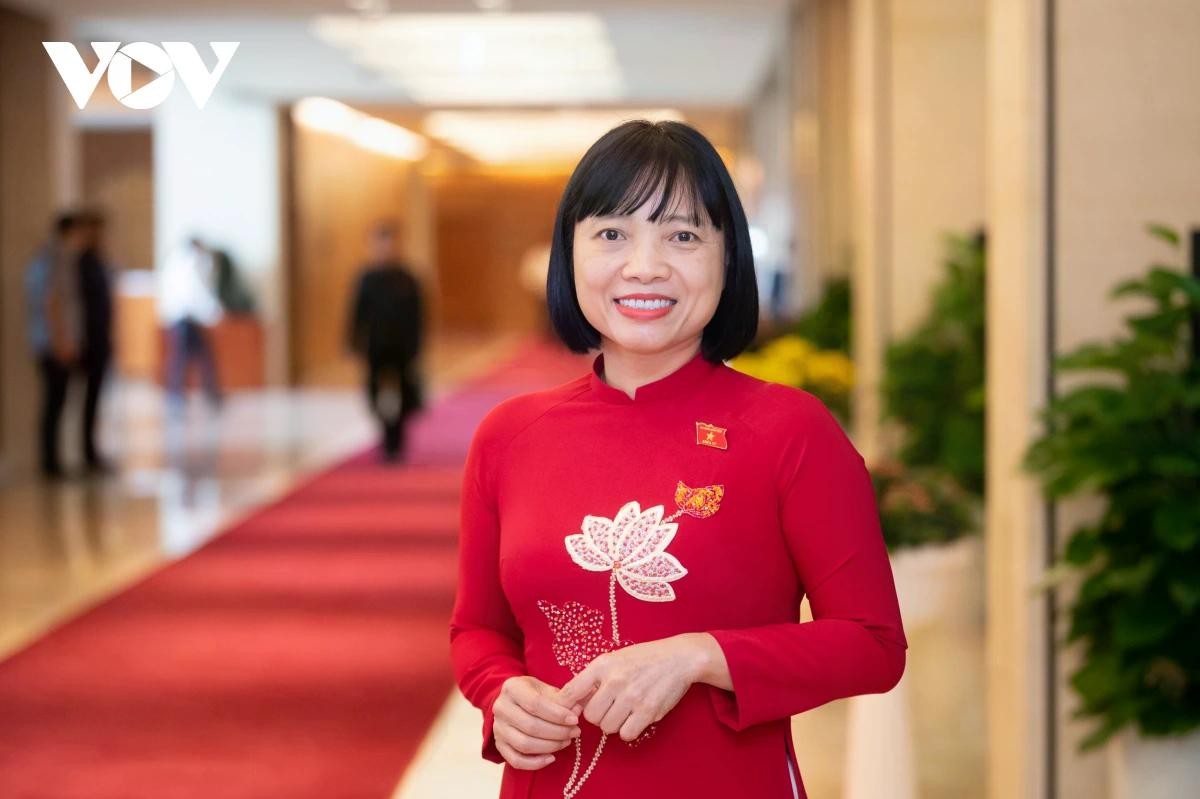
Delegate Nguyen Thi Viet Nga (Hai Duong Delegation).
The delegate also emphasized the need to focus on developing grassroots healthcare. In fact, grassroots healthcare currently has many shortcomings, not only lacking medical equipment but also weak human resources in this area. Therefore, only people with minor illnesses go to commune and ward health stations, the rest just want to go to higher levels, even the central level, for treatment.
According to her, there should be a policy to attract good doctors to the grassroots level, not only to reduce the burden on the upper level but also to help reduce costs for patients because this is the level closest to the people.
"If the primary health care system is not developed and cannot meet the needs, and patients have to go to higher levels for treatment, even if hospital fees are free, the economic pressure is still high due to having to travel far. It even affects the health and life of patients due to not being treated promptly. In addition, the quality of medical services at higher levels when overloaded with human resources and facilities, with 4 or 5 patients per bed, the quality of service cannot be good," said Ms. Nga.
Therefore, the female delegate of Hai Duong proposed that there should be preferential policies for non-public medical facilities. In particular, high-quality facilities are greatly supporting in sharing the burden for public medical facilities: "This will be a medical facility that many people with conditions and interested in service quality will aim for, thereby reducing pressure on public medical facilities, so that people with less economic conditions can access public medical facilities more conveniently."
At the same time, the Vietnamese-Russian delegate said that it is necessary to focus on propaganda and mobilization of people to practice a healthy lifestyle. If we maintain a healthy lifestyle, focus on developing preventive medicine, and promote vaccination campaigns, we will reduce the burden of disease and reduce the load on medical facilities. That means reducing the pressure on the State budget in implementing the policy of free hospital fees for all people.
Source: https://baolaocai.vn/hon-90-dan-so-tham-gia-bhyt-la-nen-tang-tien-toi-mien-vien-phi-toan-dan-post401573.html



![[Photo] Party and State leaders attend the special art program "You are Ho Chi Minh"](https://vphoto.vietnam.vn/thumb/1200x675/vietnam/resource/IMAGE/2025/5/18/6895913f94fd4c51aa4564ab14c3f250)
![[Photo] Many young people patiently lined up under the hot sun to receive a special supplement from Nhan Dan Newspaper.](https://vphoto.vietnam.vn/thumb/1200x675/vietnam/resource/IMAGE/2025/5/18/6f19d322f9364f0ebb6fbfe9377842d3)
![[Photo] Ready for the top competitions of Vietnamese table tennis](https://vphoto.vietnam.vn/thumb/1200x675/vietnam/resource/IMAGE/2025/5/18/9c547c497c5a4ade8f98c8e7d44f5a41)





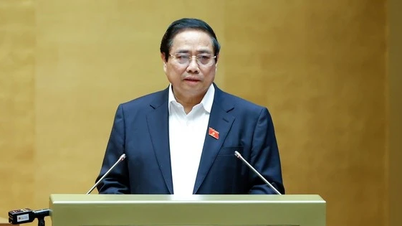
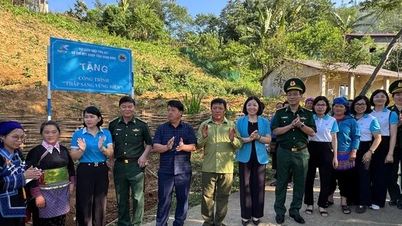


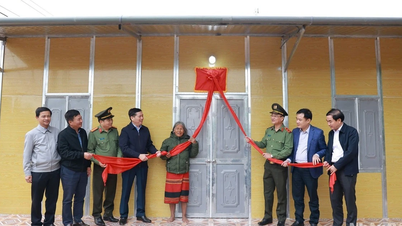








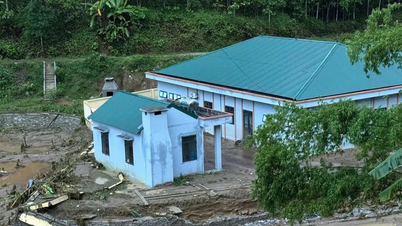
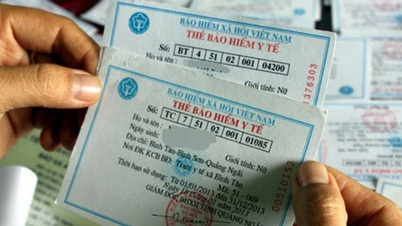



















































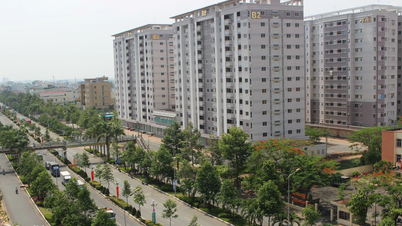












Comment (0)